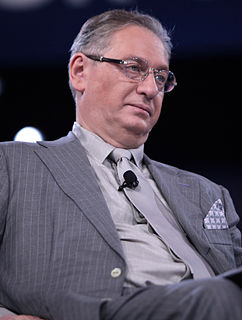A Quote by Ted Olson
The United States Supreme Court has repeatedly held that marriage is one of the most fundamental rights that we have as Americans under our Constitution.
Related Quotes
We passed the Voting Rights Act of Virginia, which restores and builds on key provisions of the 1965 federal Voting Rights Act that was gutted by the United States Supreme Court. Voting is fundamental to our democracy, and this legislation is a model for how states can ensure the integrity of elections and protect the sacred right to vote.
When the Constitution of the United States was framed and adopted, those high contracting parties did positively agree that they would not interfere with religious affairs. Now, if our marital relations are not religious, what is? This ordinance of marriage was a direct revelation to us, through Joseph Smith, the prophet. . . . This is a revelation from God and a command to his people, and therefore it is my religion. I do not believe that the Supreme Court of the United States has any right to interfere with my religious views, and in doing it they are violating their most sacred obligations.
I feel that at this point in our country's history, it is important that we not reverse marriage equality, that we not reverse Roe v. Wade, that we stand up against Citizens United, we stand up for the rights of people in the workplace, that we stand up and basically say: The Supreme Court should represent all of us. That's how I see the court, and the kind of people that I would be looking to nominate to the court would be in the great tradition of standing up to the powerful, standing up on behalf of our rights as Americans.
The very purpose of the Bill of Rights and the Constitution is to protect minority rights against majority voters. Every court decision that strikes down discriminatory legislation, including past Supreme Court decisions, affirming the fundamental rights to marry the person you love, overrules a majority decision.
Well-established Supreme Court precedents indicate that states - like the states of Washington and Minnesota - have no equal-protection rights of their own, nor can they vindicate equal-protection rights of their citizens. The same is true about being able to challenge alleged religious discrimination. This limitation on the states' authority to champion such claims is fundamental to our separation-of-powers architecture.
The Constitution makes very clear what the obligation of the United States Senate is and what the obligation of the president of the United States is. To allow a Supreme Court position to remain vacant for well over a year cuts against what I think the intentions of the framers are and what the traditions of the Senate and the executive are.
































